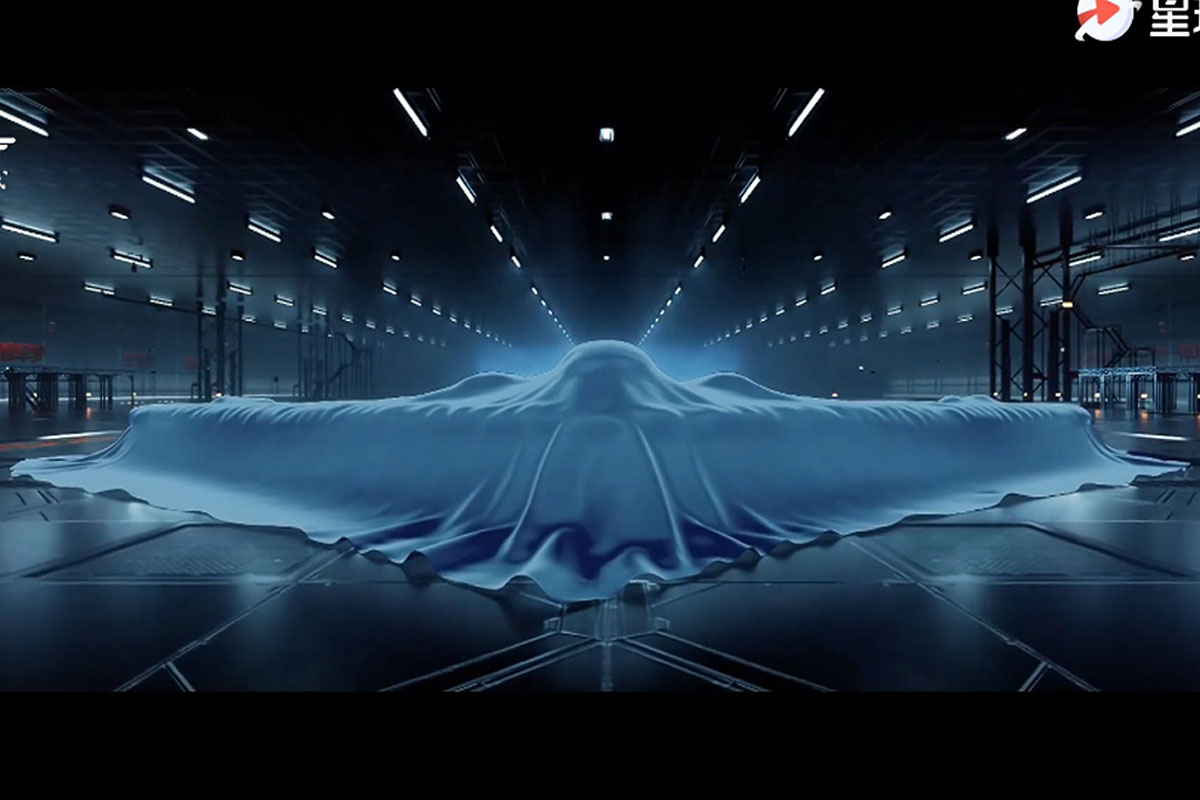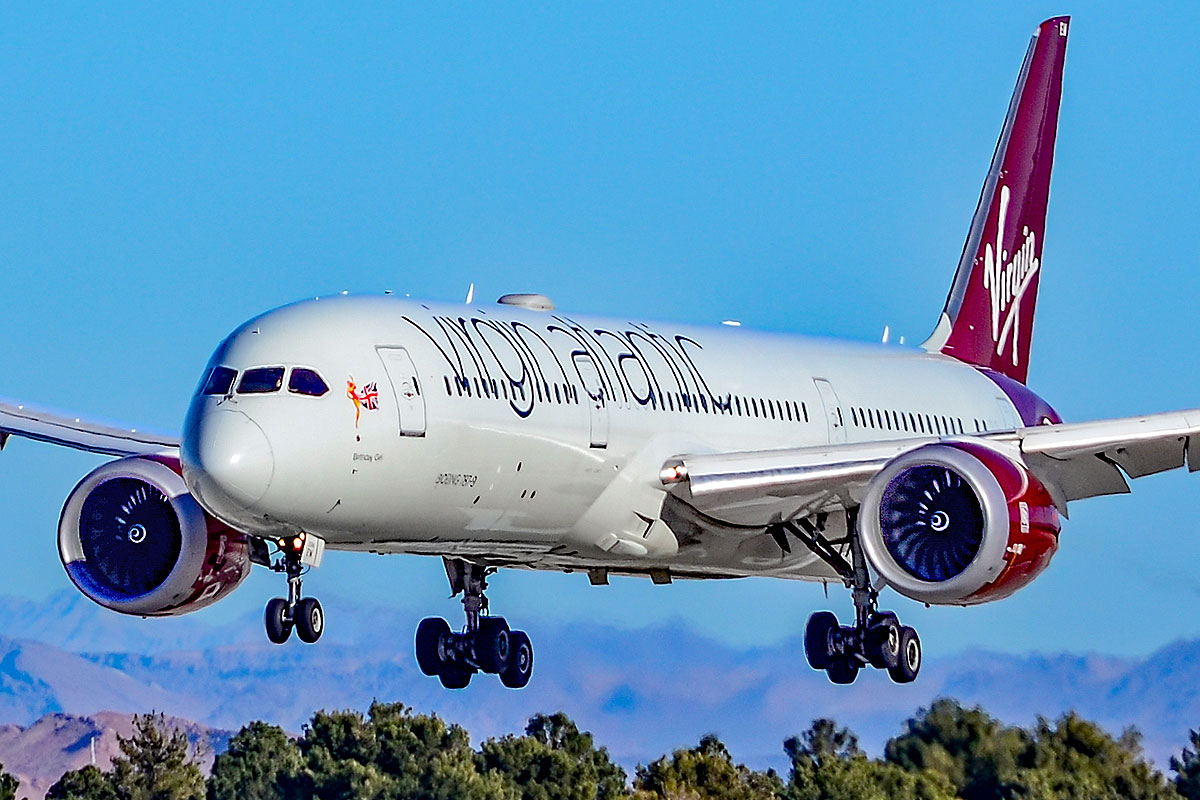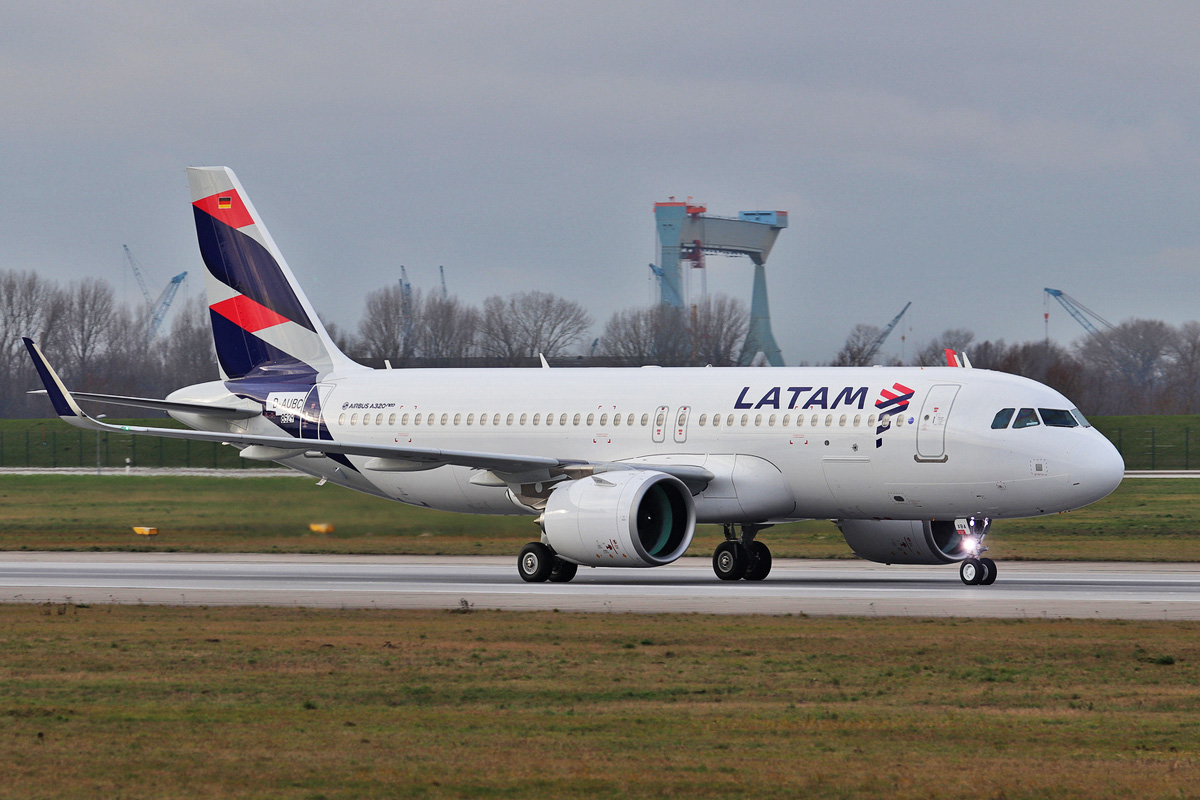Boeing CEO Dave Calhoun played a risky card this week when he claimed in an interview with Aviation & Week that he is going all-or-nothing on the certification of the 737 MAX 10.
The chief executive admitted he could cancel the program for the major variant of the 737 if the US Congress does not extend the deadline for the change in certification rules that the FAA will adopt in December.
Because of the changes, Boeing would have to update the MAX 10’s crew warning system, which would delay and make the project, already long postponed, more expensive.
“This is a risk I’m willing to take. If I lose the fight, I lose the fight,” Calhoun said. “A world without the (MAX) 10 is not that threatening,” he played down.
Large order backlog
The 737 MAX 10 was designed before the changes were approved by congressmen, but because of the delay in the schedule, the aircraft with capacity for up to 230 passengers, must not be certified before the new law takes effect.
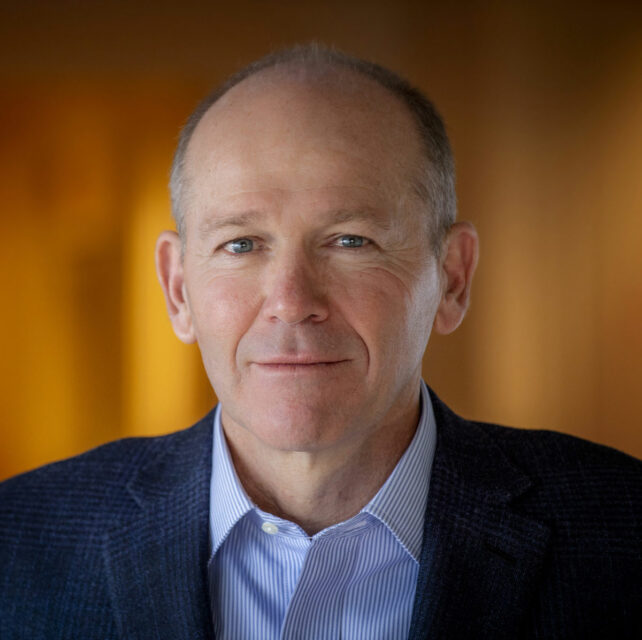
Boeing is seeking a window to approve the 737 MAX 10 and MAX 7 before the rules take effect so as not to delay the entry into service of the new models any further.
Despite the threat, a possible cancellation of the MAX 10 would be catastrophic for Boeing, which has about 640 orders for the version, and would be on the verge of announcing a new deal for at least 100 aircraft of the type with Delta Air Lines.
The new Aircraft Certification, Safety and Liability Act was passed in 2020 following scandals involving the FAA’s approval of Boeing jets, which culminated in two fatal crashes with the 737 MAX 8.
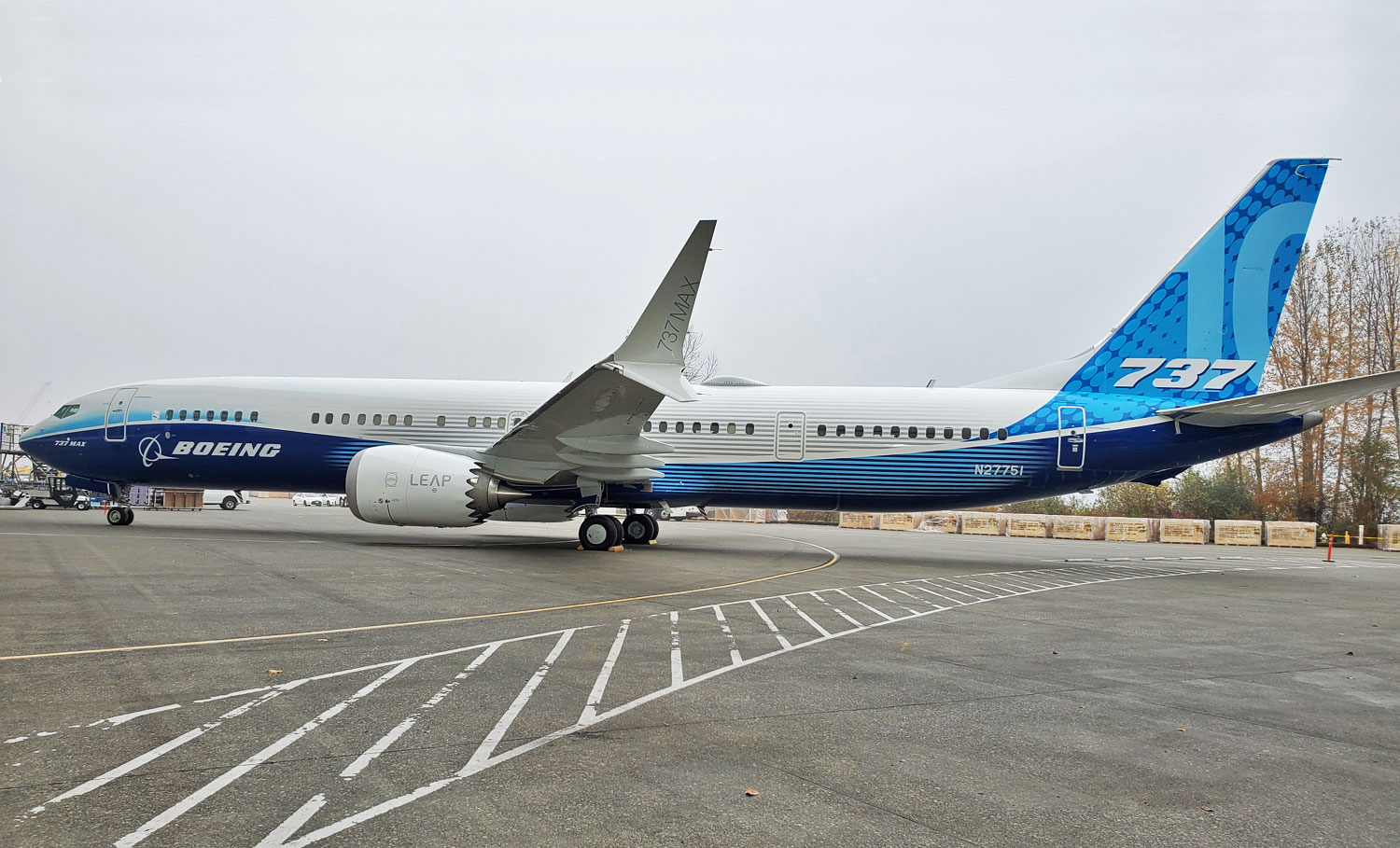
According to a former Boeing engineer, the company pressured the U.S. civil aviation authority to relax crew alert certification requirements so as not to have to upgrade equipment that has been on the 737 since the 1970s.
For Boeing, in addition to the extra work needed to adapt the 737 MAX 10 to the new legislation, the change would cause another problem, the need to provide different training to pilots compared to the MAX 8 and MAX 9 models.



